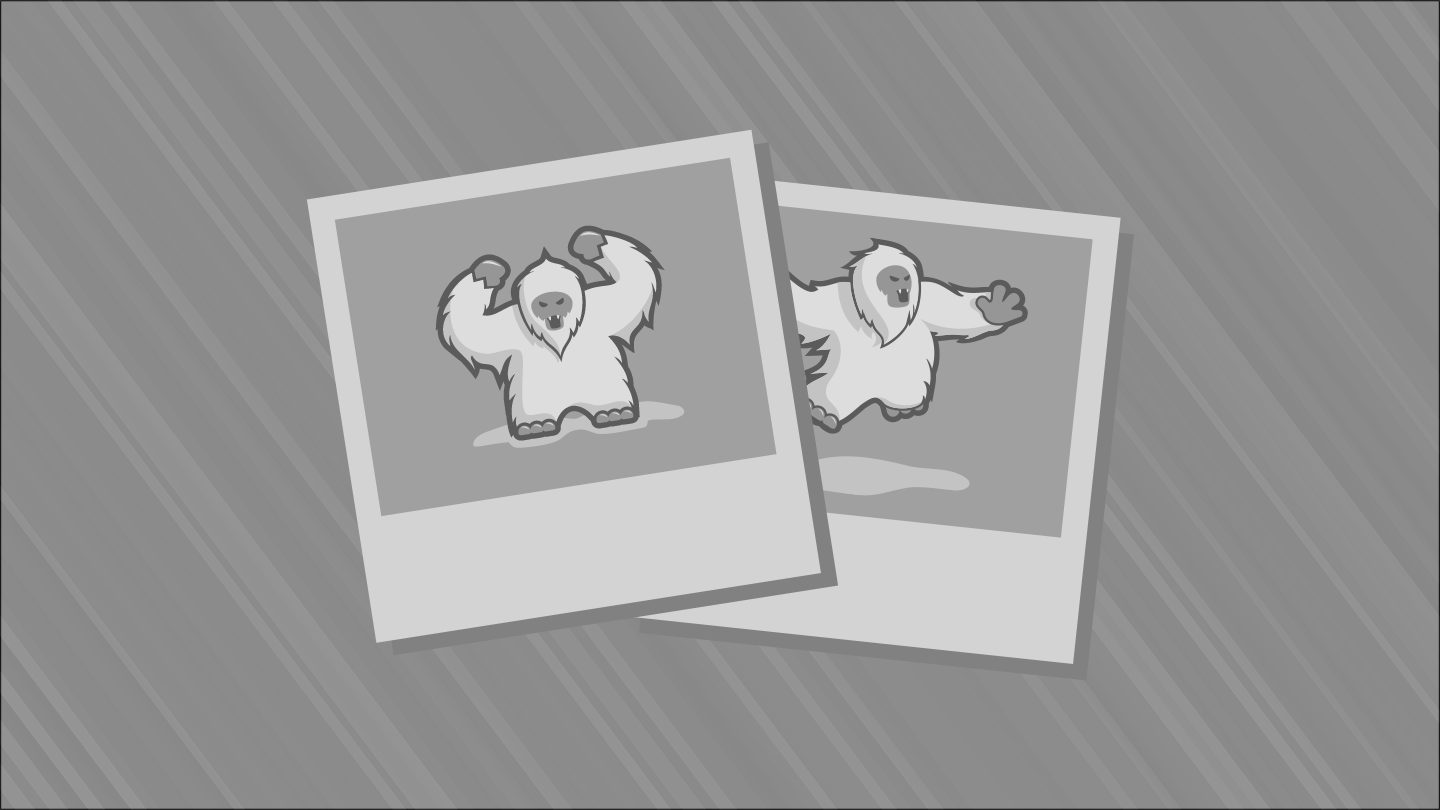
After reading the text about the digital native and digital immigrant, I was left scratching my head. I wonder how many children either of these men (Barlow and Rushkoff) have come in contact with. The young people that I have met are a mixed bag of digitized skill. Some students struggle to use the internet while others seem to navigate through the web like an experienced traveler. Likewise, some adults that I have met do not even know how to add contacts into their cell phones, while others have have even their vehicles individually digitized to meet their digital needs. Overall, I get the impression that people fear what they do not know. Those that know little about the inner workings of technology do not trust it, nor do they trust those who know it well. They feel the need to name this group of individuals and identify their differences. We all know from experience throughout history that until people truly understand what it is that they do not know, they have difficulty embracing it. I think that is exactly what this book points out in this section.
I think the book also neatly points out that if we buy into this division of them vs. us, we eliminate the possibility of extending our guidance into this vast arena. Young people need the guidance from more experienced adults to sort out fact from fiction and deduce the most credible content from multiple sources. If we remove ourselves from the largest pool of sources that has ever existed, we are doing our young people a terrible disservice.




